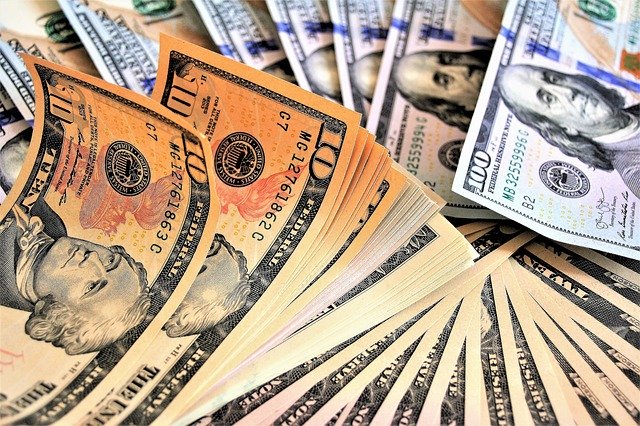- May 11, 2020
- Posted by: Ganeshcbani
- Category: Blog

Define Loan?
A loan is money, property or other material products given to another party, along with interest or financial charges in return for future repayments of the value of the loan or the principal sum. A loan may be available for a specific one-time amount or as a loan line up to a defined cap.
In general, loans are provided by businesses, financial institutions and governments. Loans will increase the total availability of capital in an economy and open up competition through lending to new companies. Loans also allow existing companies to grow their businesses. Interest and loan payments are the key source of income for many banks and even some retailers by using credit and credit cards. They can also take the form of bonds and deposit certificates. It is possible to take a loan from a 401(k) user. Often the debt-to-income ratio of a individual is analyzed to see if a loan can be repaid.
Two Types Of Loan
- Secured Loan
- Unsecured Loan
Secured Loan
Credited loans are safeguarded by an estate. The products you purchase, such as a house or vehicle, may be used as collateral. The lender shall keep the act or title until the loan is fully paid. Additional products may also be used to back up a loan. This involves inventories, shares or private property.
The most common method of borrowing large sums of money is secured loans. A lender can only loan a large amount ensuring that it will be reimbursed. Putting your home on line is a way to guarantee that you do whatever you can to pay the loan back.
Secured loans are not used for new shopping. Secured loans may also be home equity or home equity loans. Both are based on your home’s present value, minus the balance already owed. These loans act as collateral for your house.
A secured loan means that you promise that your loan will be refunded. The danger is that if a safe loan can not be repaid, the lender will sell the assets to pay off the loan.
Unsecured Loan
The same does not apply to a unsecured loan. The unsecured loan does not apply to your properties and the lender can not take the property directly for the loan payment. Personal loans and student loans are examples of unsecured loans because they are not related to the asset the lender will take if you fail to pay the loan.
You typically need to have a decent credit background and a solid income for an unsecured loan. Loan sums will be lower, because there is no collateral for the lender to seize if payment defaults.


